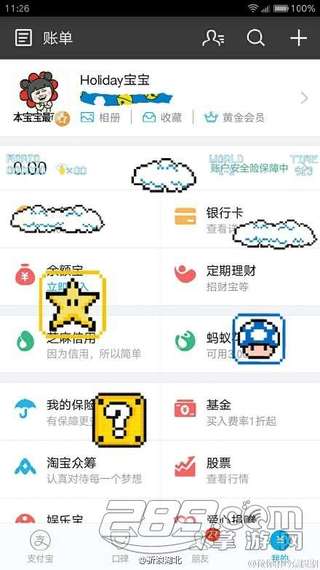I'm Fred Raillard, CEO, Co-founder and Creative Chief Officer of FRED & FARID, a social, content, tech solutions for brands company based in Paris, Shanghai, Beijing and New York. In partnership with FRED & FARID, BFM Business launches #FredinChina, a social media podcast in "Chine Hebdo", the weekly radio broadcast of Mathieu Jolivet. #FredinChina is essential to know and understand the world's largest economy.
I fell in love with China, and live in Shanghai with my wife and sons since September 2012. With my teams at the FRED & FARID Shanghai agency we monitor, analyze and decrypt this ultra-connected China with nearly 800 million netizens by sharing what we see, hear and read on Weibo, WeChat, Huaban, Youku. I prepare this column with Jing Qian from FRED & FARID Shanghai.
Click here to listen to all the podcasts.
In China, there are contrasting opinions about the racist ad
The HotTopic of the week is this very racist detergent commercial that you all unfortunately know. It's the TVC where you see a black man coming towards an Asian woman who puts him in a washing machine, from where he comes out 'clean'. 'Clean' means he comes out looking like an Asian person. It's a super racist commercial that made a huge bad buzz in the Western world.
It came out late in China as the TVC was released 3 months ago and didn't do any bad buzz. But it came back from the West to China. And we can see different reactions from Chinese people. Young, educated people in China were shocked by the racism of this commercial, also by the fact that this TVC is a copy from an Italian one. So it really shows a bad image of China. But another part of the country didn't understand why the western countries were so sensitive about it. For them, the commercial isn't racist at all. It is just a message. On various forums, you can see thousands of people saying that this commercial is not racist. That was really shocking, more than the ad itself.
The detergent company also acted badly. They apologized officially and publicly towards "African people". This is interesting because they really think that black people are in Africa and only in Africa. For them, there are no black people in the rest of the world.
In the end it really just shows that the whole story doesn't have any racist intentions. It is a story of stupidity and a profound lack of culture.
The cute digital activation for "Children's Day" by Alibaba
The HotBrand of the week is Alipay, the mobile payment system of Alibaba Group. You know that Chinese people or Chinese brands are crazy about activations. So they celebrate pretty much everything on the calendar: Halloween, Christmas, Chinese New Year, Western New Year, Mother's Day, Lovers Day etc. So on June 1st, they celebrate the Children's Day. All brands are planning something to celebrate children. This year, Alipay had a good idea.
All users saw their name changed on the app: the surnames were all replaced by 'Bao Bao', meaning 'baby'. As surnames precede first names in China, it is like everyone was named 'Baby John' or 'Baby Sara'. It was pretty cute and touching so most people loved it. But it also created bad buzz as Alipay is supposed to be a financial tool so they have to be more serious. Also because Alibaba could change the profile of its customers without permission so people found it really scary and not funny at all. So people thought that Alibaba still couldn't launch activations as cool as their competitor Tencent, which is always using the right tone.
Q&A app Fenda already pays its first... billionaire users
The HotPost of the week is related to Fenda, the HotBrand of last week. It's a Q&A application reinventing the genre. Q&A apps are very successful in China. The principle of this WeChat application is that as an expert you can answer any question of your topic, and you get paid for your responses. But the trick is if someone else wants to know your answer, he has to pay you and the person who asked the question also.
This week, the son of the richest man in China used Fenda's application and answered 32 questions in 30 minutes. He earned 200,000 RMB ($27,000). It shows how successful the app is. For example, a girl paid 3,000 RMB to get the answer of the young man, but on the return she received 6,000 RMB because 3100 people wanted to know the answers. They were basic questions such as, "As you are very rich, what can't you buy?", with passionate answers like "I can buy anything of course, except things like love and freedom".
More podcasts on #FredinChina website
Follow Fred on Twitter: @FredFarid or FRED & FARID: @FredFaridGroup
FRED & FARID website: www.fredfarid.com
Chine Hebdo website


